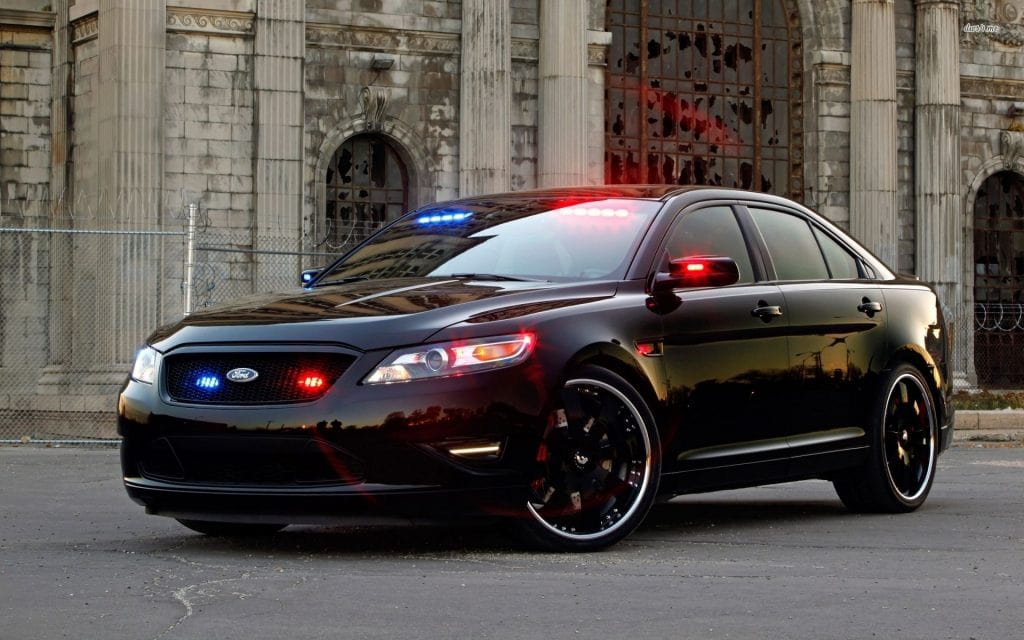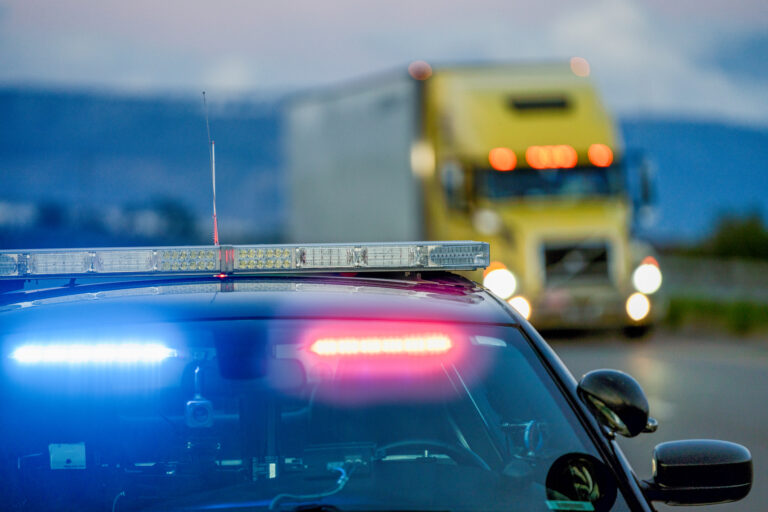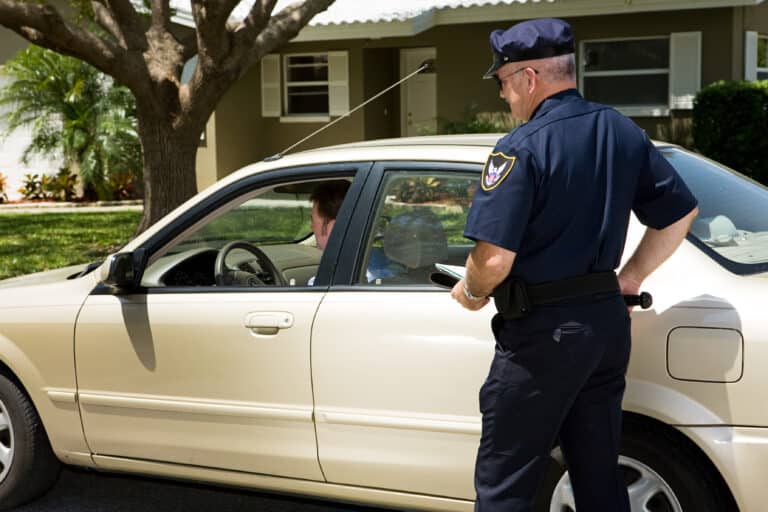It’s not uncommon to notice a police vehicle, glance at your speedometer, and tap your brakes, especially if you’re driving over the posted speed limit. People make sure they signal to make lane changes, turns, or exit a roadway, especially when they know they are in the sights of a state, county, or local trooper. We’re all more inclined to follow traffic rules when there’s a marked car nearby. But what happens when an officer in an unmarked car sees you commit a traffic violation? Here’s what you should know.
What Are They and Why Are They Used?
Although not legal in every state, unmarked police vehicles are legal in many others, including New York. They will not have the lights affixed to the roof, loud sirens, or the typical markings seen on regular police cars like stripes, the name of the law enforcement agency, shield, or motto. In New York, for example, marked cars have the letters "NYPD" printed in a bold blue font on the front doors, and the NYPD motto "Courtesy, Professionalism, Respect" is printed on the rear ones.
Unmarked vehicles can be any color and any model. Basically, they look like any other car on the streets and highways but, generally speaking, most are dark colored, with lights under the grill and a horn that can be switched over to a siren. There are two uses for these unmarked vehicles:
- Neighborhood safety teams
- Highway units
Neighborhood safety teams are the revamped “anti-crime units” of yesterday. They are made up of plainclothes officers whose priorities are the same as their predecessors – preventing crimes from occurring and curtailing gun violence. Highway units are found in all five boroughs of New York City. They enforce traffic violations, respond to highway accidents and incidents involving fatalities, and handle street or highway shutdowns for local and visiting dignitaries, such as the U.S. president.
The main reason law enforcement agencies use unmarked vehicles is simple. Like undercover police officers, unmarked cars allow police to operate undercover. So, while they may not deter traffic infractions because other drivers are unaware of their presence, people in the process of committing illegal activities, such as speeding and texting while driving, are more likely to get caught in the act. But often people wonder whether officers in unmarked vehicles are permitted to issue traffic tickets for the violations they witness.
Can Officers in Unmarked Cars Issue Traffic Tickets?
Technically, whether they are driving a marked or unmarked vehicle, an officer driving can issue traffic tickets in New York. Up until fairly recently, it happened every day. But the state law was changed in 2021 due to safety concerns. Unfortunately, both local and national cases of criminals and abductors posing as police in unmarked cars made people justifiably afraid to stop when flagged down by officers in these types of vehicles. It’s easy for anyone to purchase the flashing lights. As a result, they are no longer used for routine traffic stops and everyday traffic violations in New York. However, unmarked police cars in New York are still used at speed traps and for DWI crackdown campaigns.
Can Officers in Unmarked Cars Make Arrests?
Yes. Although the law prohibits police in unmarked vehicles from ticketing for violations like speeding or texting while driving, they are still allowed to stop drivers suspected of committing crimes. So, for example, an officer in an unmarked car in New York can stop a driver with an outstanding arrest warrant. Another exception is that they may stop a driver if he or she is posing a threat to others – including law enforcement – on the road.
What Should I Do if I’m Being Pulled Over by an Unmarked Car?
If you are driving and a police car with lights flashing wants you to pull over, the decision to comply is easy. If you see an unmarked vehicle trying to do the same, you may be less sure it’s truly an officer of the law. Pull into a lighted, populated area like a store parking lot or even a nearby police station for your safety. You can also call 911 for help if you have a hands-free device connected to your car. I can’t imagine that an officer would not understand your safety concerns if they are in an unmarked vehicle, but you should let them know the reason you did not pull over immediately.





